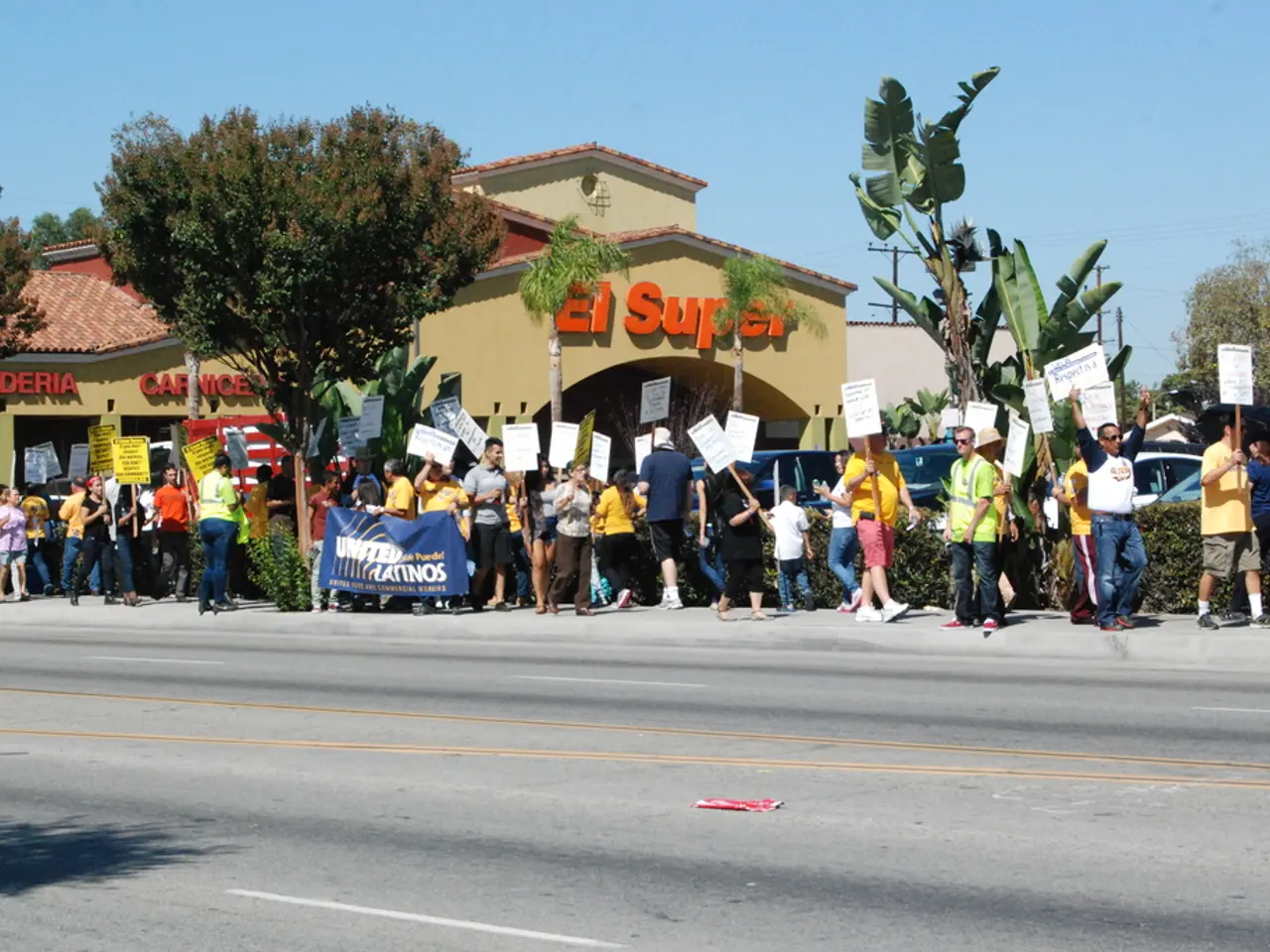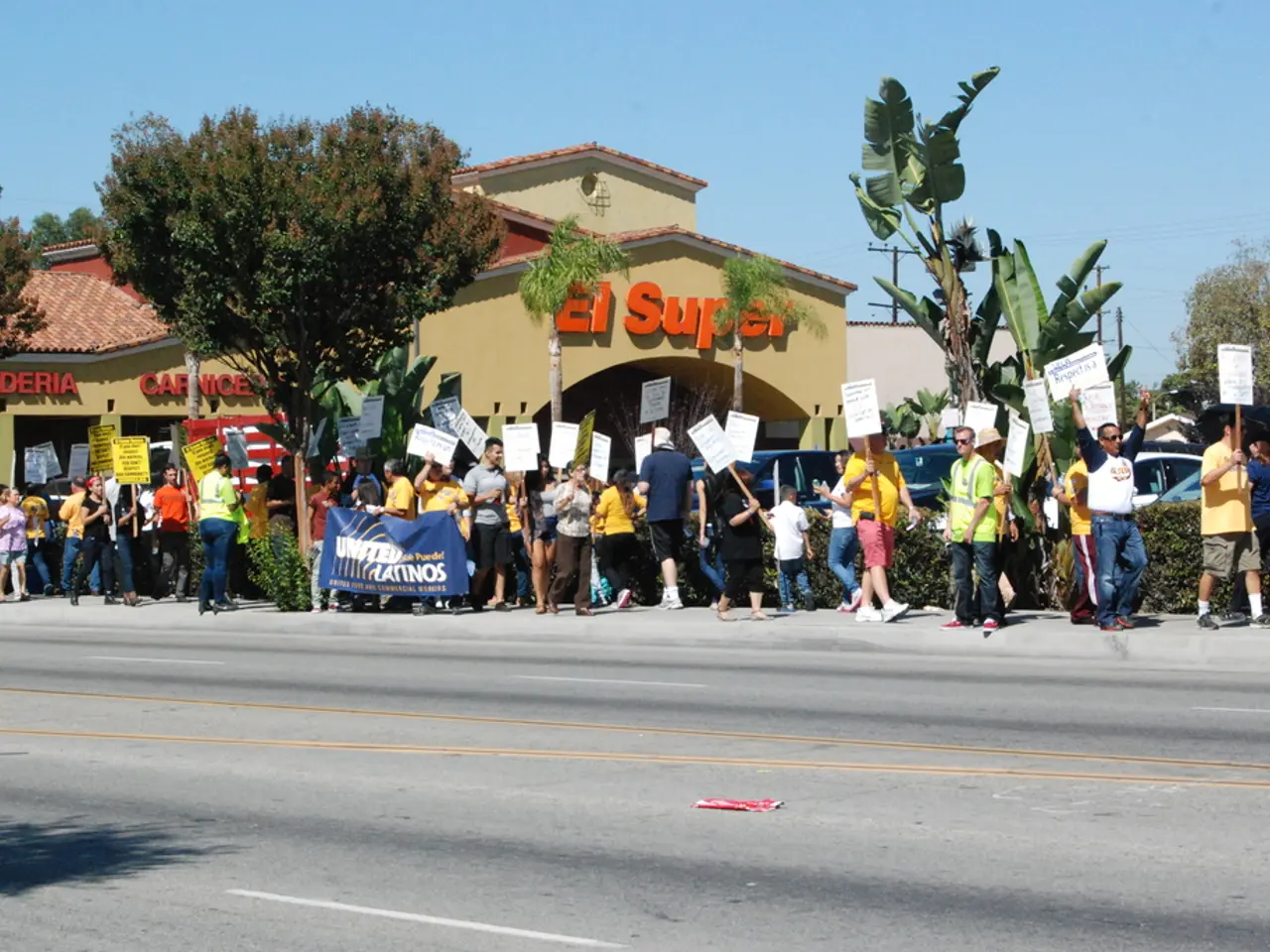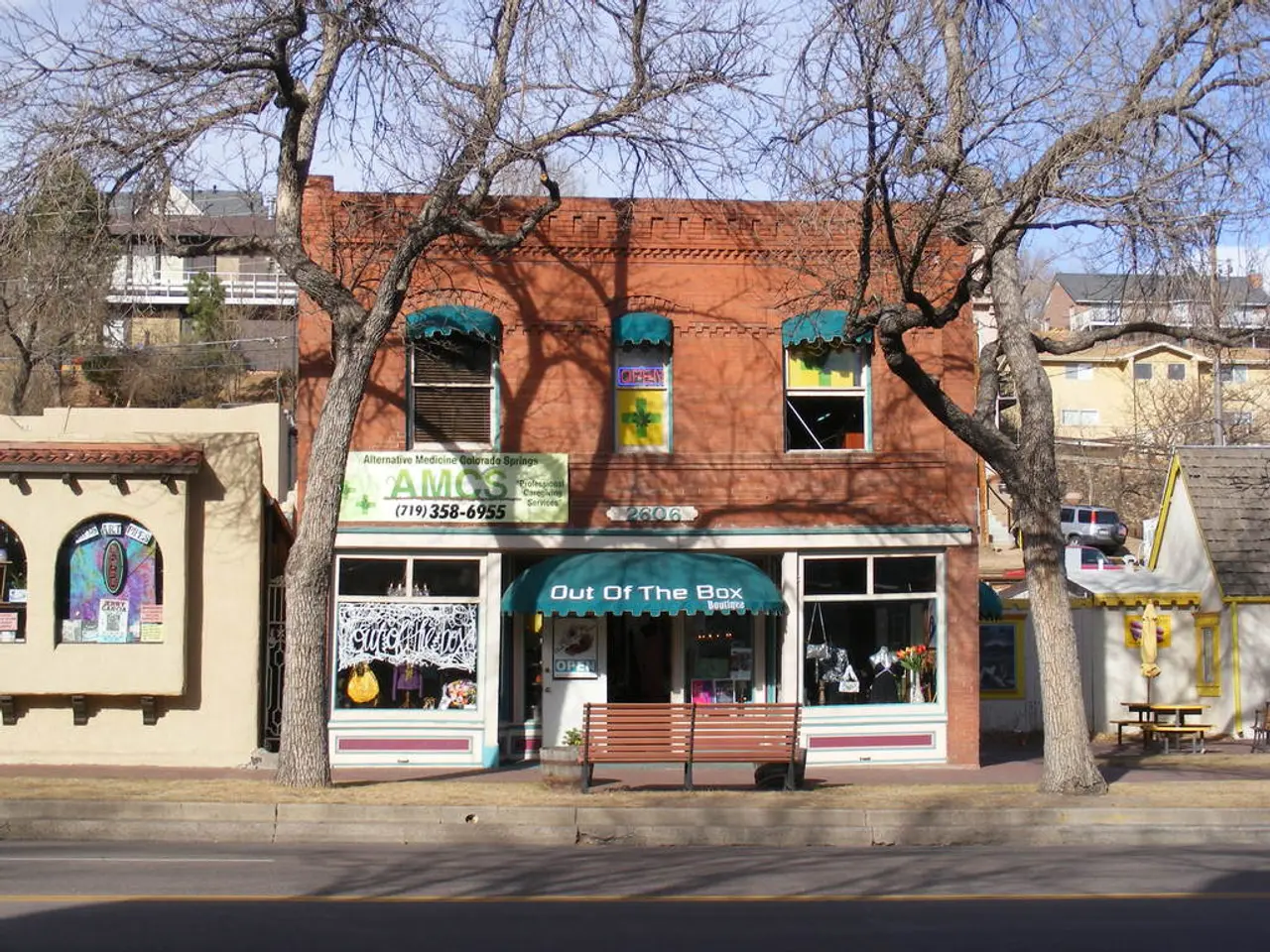Rising Influence: The Climb of Vlaams Belang, Despite Being Out of Power
Vlaams Belang's Electoral Success in Flanders
Vlaams Belang, the far-right party in Flanders, Belgium, has achieved significant electoral success in recent years. This success can be attributed to several interrelated factors.
Flemish Nationalism and Cultural Identity
Vlaams Belang capitalizes on strong Flemish nationalist sentiment, advocating for greater autonomy or independence for Flanders within Belgium. The party emphasizes preserving Flemish culture and the Dutch language, resonating with voters who feel their regional identity is threatened.
Anti-Establishment and Anti-Royalist Positioning
Historically, Vlaams Belang and its predecessor Vlaams Blok positioned themselves against the Belgian royal institution and the federal government. This defiant stance appealed to voters disillusioned with traditional political elites, although recent pragmatism has seen their leaders engage with state institutions to gain political legitimacy.
Concerns about Immigration and Ethnic Competition
Like many far-right parties in Europe, Vlaams Belang frames immigration as a key issue, appealing to voters experiencing or fearing economic competition and social change. This aligns with academic theories explaining far-right support as rooted in "ethnic competition" and the "modernization losers thesis," where voters feel left behind by progressive post-materialist agendas.
Support from Voters Feeling Socio-Economic and Cultural Insecurity
Demand-side explanations suggest that voters who perceive social breakdown, relative deprivation, or cultural threat gravitate towards far-right parties promising to restore order and national identity, which Vlaams Belang channels effectively.
Strategic Pragmatism in Political Participation
After decades of political isolation due to a cordon sanitaire that excluded them from coalitions, Vlaams Belang’s current leadership has taken a more pragmatic approach by accepting invitations to palace meetings, enhancing their legitimacy and visibility in Flemish politics.
In the 2024 elections, Vlaams Belang clinched the second-largest electoral victory in its history, winning three seats in the EU Parliament and obtaining almost 1 million votes. The party became the largest party in three out of five Flemish provinces and was able to join a local coalition in Ranst, in the province of Antwerp. VB also managed to win a mayorship and participate directly in governance for the first time.
The breaking of the cordon sanitaire in Ranst, a prosperous municipality of around 20,000 residents near Antwerp, has raised the possibility that other communes might follow suit. Other societal actors, such as journalists and political competitors, have contributed to Vlaams Belang's successful rebranding and normalization by adopting an "accommodative approach" towards it.
However, the Flemish Greens have become the central political adversary of the far right, repeatedly denouncing and calling out the far-right for its views on migration, diversity, and minority rights in the run-up to the 2024 elections. Despite this, news media often provide disproportionate coverage to the far right and its key issues, such as immigration.
Vlaams Belang's ideological roots go back to Flemish nationalist movements in the interbellum that included figures who had collaborated with Nazi Germany. Despite this history, the party has evolved and adapted, leveraging Flemish nationalism, anti-immigration sentiment, and socio-political discontent, combined with an evolving pragmatic strategy to overcome political isolation within Belgium’s federal landscape.
In the political landscape of Flanders, Vlaams Belang strategically capitalizes on general-news issues such as immigration, anchoring their support from voters who feel culturally or economically insecure. As a party rooted in Flemish nationalism, Vlaams Belang emphasizes preserving Flemish cultural identity and advocates for greater autonomy, a position that resonates with voters who fear their regional identity is under threat.








